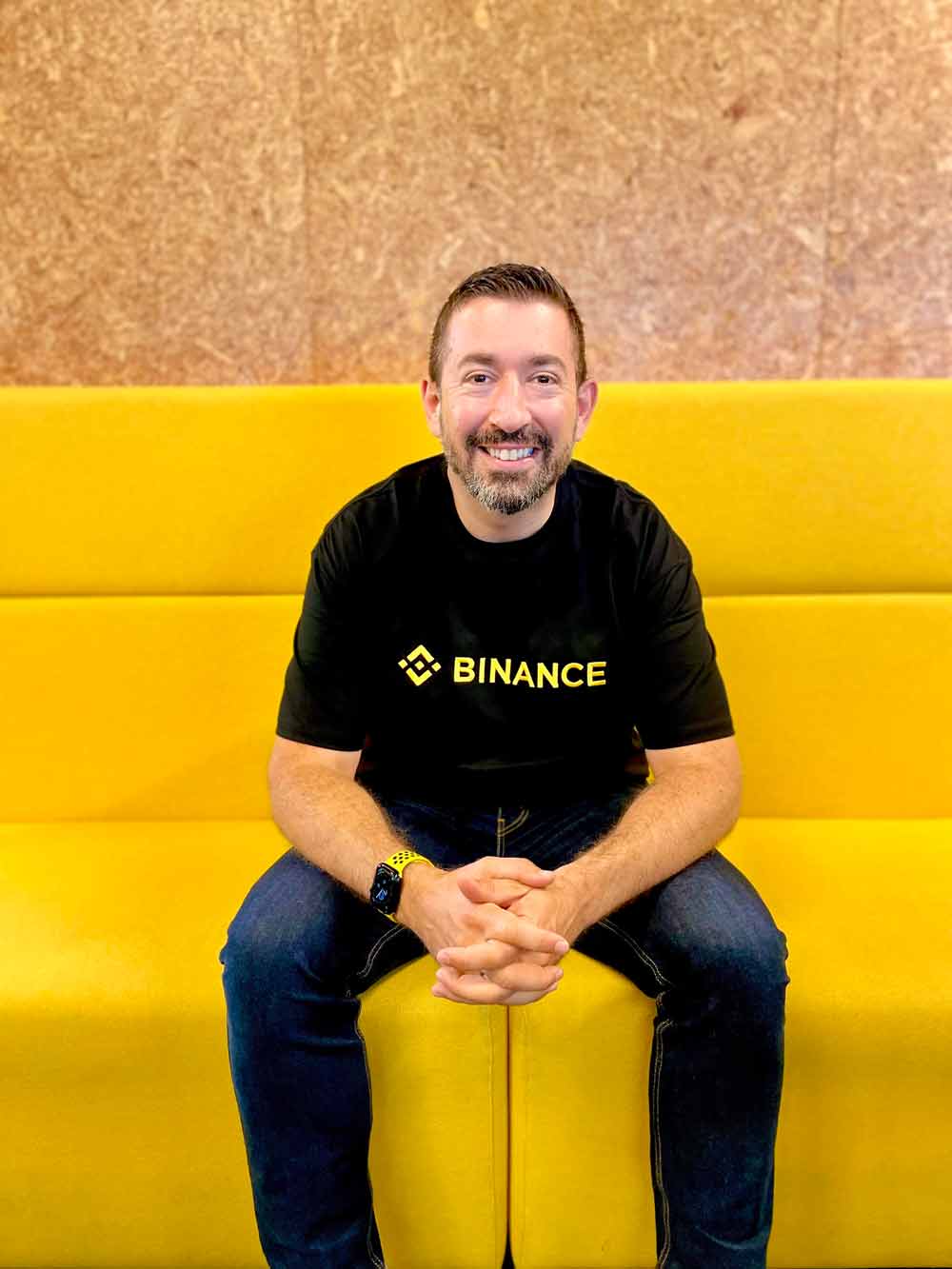Avoiding blockchain becoming the latest frontier for financial inequity
I’m old enough and ugly enough to remember when the open internet was in its infancy. While not an active participant (I was too busy skulking the streets of London listening to the Stone Roses on my Discman), I remember the heady days of the mid-to-late nineties when the promise fuelling the dotcom boom was in full swing. The information age. Culture and commerce without borders. A vision of unparalleled prosperity where the ‘global village’ would exchange ideas, goods and services freely.
Today, we can look back and say that what has transpired is more of a mixed bag. Yes, the internet has become an incredible engine of global information exchange and commerce, creating incredible economic value. But it is also a giant walled garden, with most of the world’s cloud services provided by just two players, most of the traffic accruing to a handful of social/search platforms, and the lion’s share of the currency powering the internet – digital advertising – funnelled to two mega companies: Meta and Alphabet.
While in the nineties the bleeding edge of network technology was internet protocol, today it is blockchain-enabled Web3. And the arrival of blockchain technology, a bit over a decade ago now, was greeted with the same heady optimism. The idea was that this technology could provide the architecture for a new, distributed network, powering transactions, communications, entertainment and more – an open garden to supersede the walled gardens of today’s calcified internet.
A decade on, blockchain and the digital assets and experiences it underpins continue to usher in new utility, representing a total market value exceeding $US 1 Trillion. The peer-to-peer nature of blockchain, in theory, makes it less susceptible to multiple layers of ticket clipping middlemen and monolithic walled gardens, à la the old internet, however, I still worry about the benefits of this new frontier accruing disproportionately if more is not done to ensure equitable access

Recently, we commissioned third-party research to understand Kiwi and Aussie attitudes toward cryptocurrency. What we found may not surprise you: crypto investors surveyed across both countries are more financially confident than the general population. They’re more financially stable, and they’re able to make more aggressive investment decisions.
Yet the research also found that only 12% of Kiwi crypto investors surveyed could explain cryptocurrency very well. The average person may know of crypto but they likely don’t know enough about crypto. In other words, our industry has to focus more on knowledge over mere awareness and invest in education, innovation, and customer protection if we want to ensure Kiwis are to become well-equipped to reap the benefits of this new frontier.
Recently I embarked on a university tour, talking to Kiwi students about the state of play in the world of digital assets and blockchain. I was blown away by the insightful questions, knowledge and enthusiasm of some of these tauira.
They clearly recognised that we are entering a new frontier. It’s my hope that with minds like that on the case, the next web will be better than the last. Bigger, more diverse, creative and fairer.
If you believe – as I and others including the world’s largest investment company, BlackRock, do – that blockchain technology is going to play an increasingly important role in the world of tomorrow, it matters that we think about how we can make sure people don’t get left behind.

